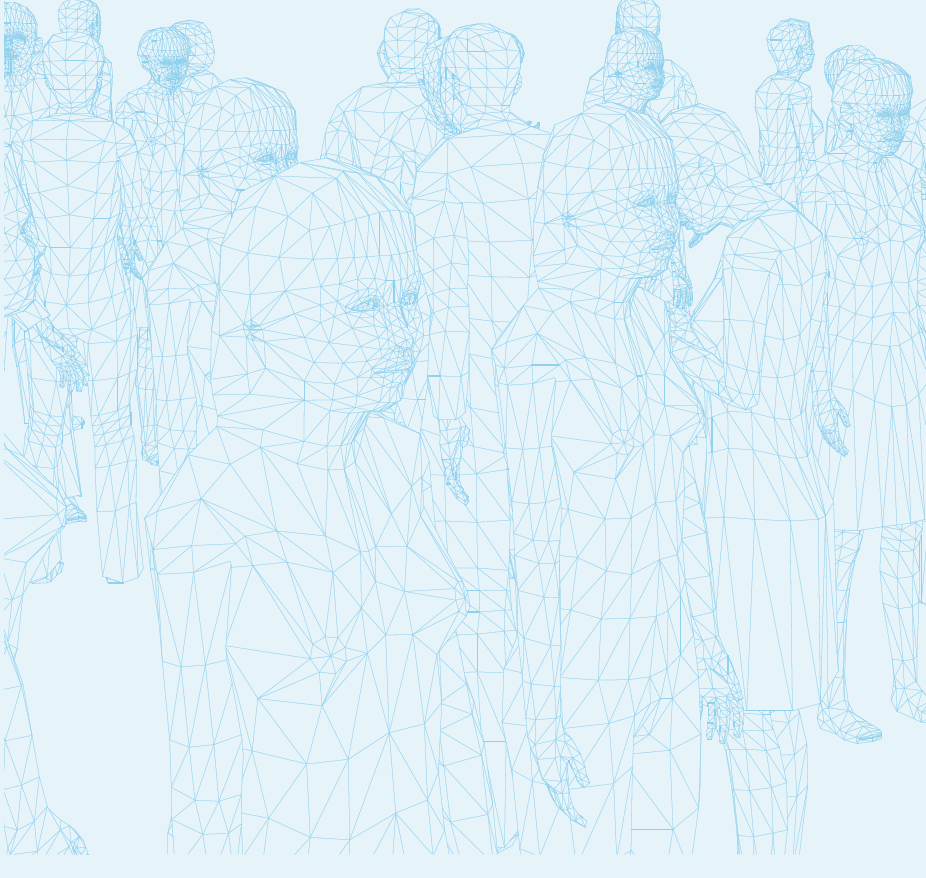Lessons we’re (re-)learning from COVID-19
Ensuring the right issues make it onto the political agenda, and lead to effective policymaking, rests on leadership that places the same importance on economic, social and cultural rights as it does on civil and political rights
Human rights advocates have long called for conferring, both on policy and practice, the same importance to economic, social and cultural rights as that given to civil and political rights. I have also consistently mentioned the need to recognise the indivisibility of all human rights – and the obligation of duty bearers to act accordingly. To give full effect to the realisation of every right almost always engages the exercise of several other rights. This is very much the case with the right to health.
Realising the highest attainable standard of physical and mental health means, first of all, that priority must be given to service delivery and to social, structural, legal and other factors, which determine the extent to which we enjoy health. Second, individuals, communities and societies should be able to exercise their other rights, among them the right to participation (so that they can contribute to policy), freedom of association (which allows them to organise and advocate) and the right to an adequate standard of living.
A multidimensional crisis
The COVID-19 pandemic has put to rest the fallacy that we can treat human rights as separate and unrelated entitlements. What began as a public health emergency quickly deteriorated into a multidimensional crisis as the impact of response measures was felt around the world, affecting the global economy, businesses, livelihoods and families. Many countries have recorded their highest number of job losses in decades, tens of millions of people are facing imminent hunger and starvation, and the racial, ethnic, socio-economic and other inequalities, which characterise our societies today, are on full display.
But the COVID-19 crisis has been a remarkable lesson for another reason. A common justification for the failure to make progress on economic, social and cultural rights is a lack of resources, even in affluent countries. However, the speed with which some countries were able to roll out substantial economic stimulus packages to respond to the socio-economic impact of the pandemic has demonstrated that these rights are not necessarily in peril because funding is in short supply. These rights have been neglected because other concerns are routinely identified as deserving higher priority.
To take another example, although the majority of the world’s countries express support for universal health coverage, the reality is that wealth, privilege, marginalised status and place of residence have a role in determining who has access to the available health services, and what the quality of these will be. And, tellingly, some resource-poor countries have managed to extend health coverage despite significant constraints, while some of the wealthiest countries are home to entrenched inequalities in this area.
We can safely say, therefore, that politics has a decisive effect on which considerations will influence action to protect the right to health, as well as on the constraints that governments will recognise as legitimate or expedient in deciding how to promote health, as well as on the vested interests, which will gain their attention. Consequently, leadership – including at the highest levels – is indispensable for ensuring that the right issues make it into the political agenda, that no one is left behind and that the major structural changes required to address inequalities within countries are made.
The change we need
Using a human rights–based approach as a compass can help leaders make the right choices. Without that approach to public health policy, millions will continue to be left behind due to discrimination and marginalisation, rendering our health responses inadequate. The key policy shifts, which will deliver the change we need, include the following concrete actions: allocating the maximum available resources for health, or at least those sufficient to ensure the enjoyment of the minimum essential levels of the right to health; ring-fencing budgets to ensure the availability of essential services; prioritising the protection of the environment; collecting human rights–based data, which also requires investment in capacity; addressing the determinants of health (such as poverty and discrimination) as part of a fully costed strategy and plan of action; and implementing specific measures to protect the health rights of marginalised populations and groups – even when resources are severely limited.
The response to COVID-19 will dominate the coming year. The crisis requires us to reconsider the policies and practices that have contributed to our current situation. We must ensure a response that respects, protects and fulfills all human rights, including the rights to health and to a healthy environment. Universal health coverage, universal social protection, and increased environmental protection and enforcement in order to create resilience and reduce future pandemic risks are crucial elements. My office will continue to work with states and with other United Nations agencies, civil society organisations and other partners to uphold these values and support action in these critical areas. We will also continue working to operationalise the secretary-general’s Call to Action for Human Rights, which includes specific actions related to the rights of future generations, climate justice and the implementation of the human right to a healthy environment.
But states will have to lead the effort. They have a duty to align their policy choices with their human rights commitments, to deal with the vested interests that have maintained such a stranglehold on sharing public goods and to invest resources into leaving no one behind. The encouraging reality is this: although the room for manoeuvre will vary, every country can, by making the right policy choices, obtain better health outcomes for its people, including for its most marginalised and vulnerable population groups. This is the real opportunity we have today.












